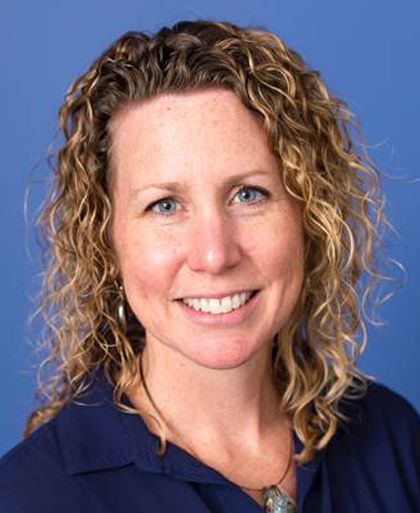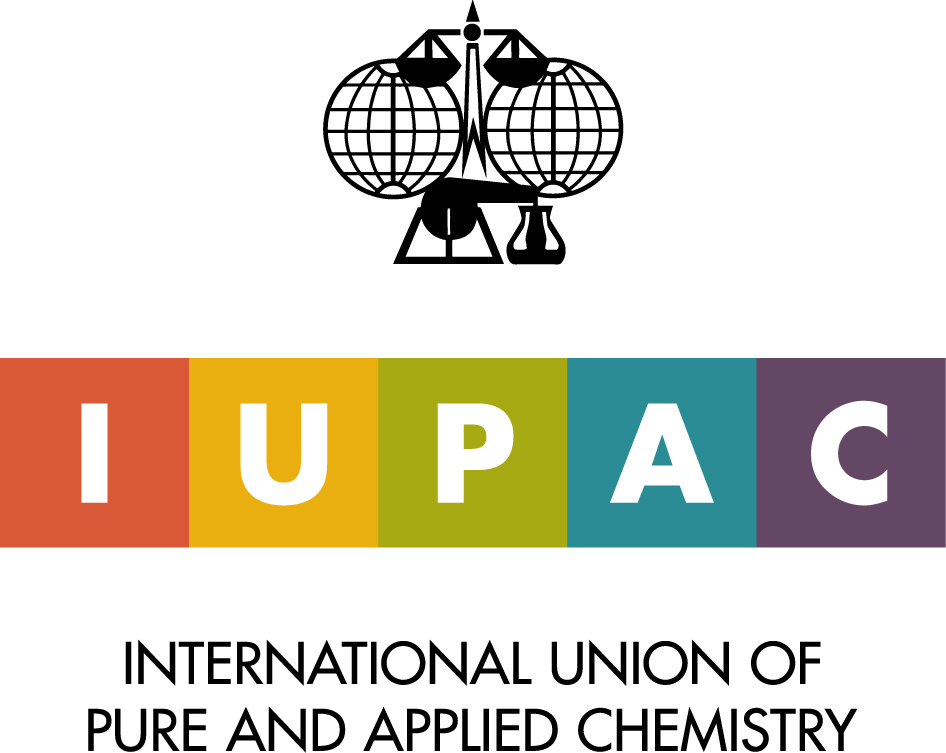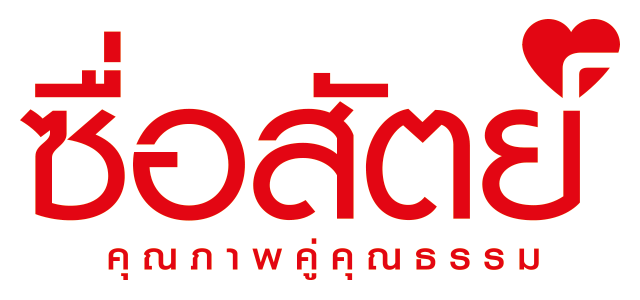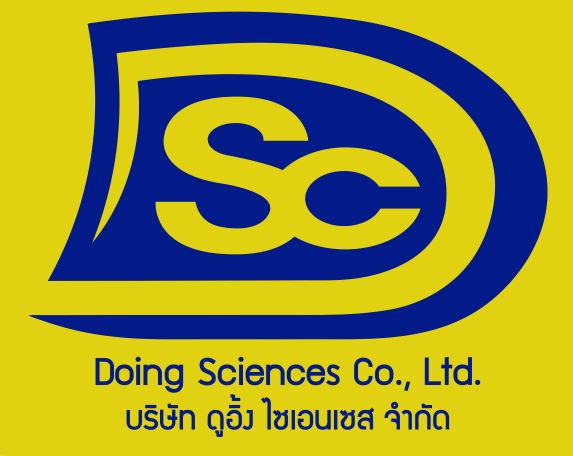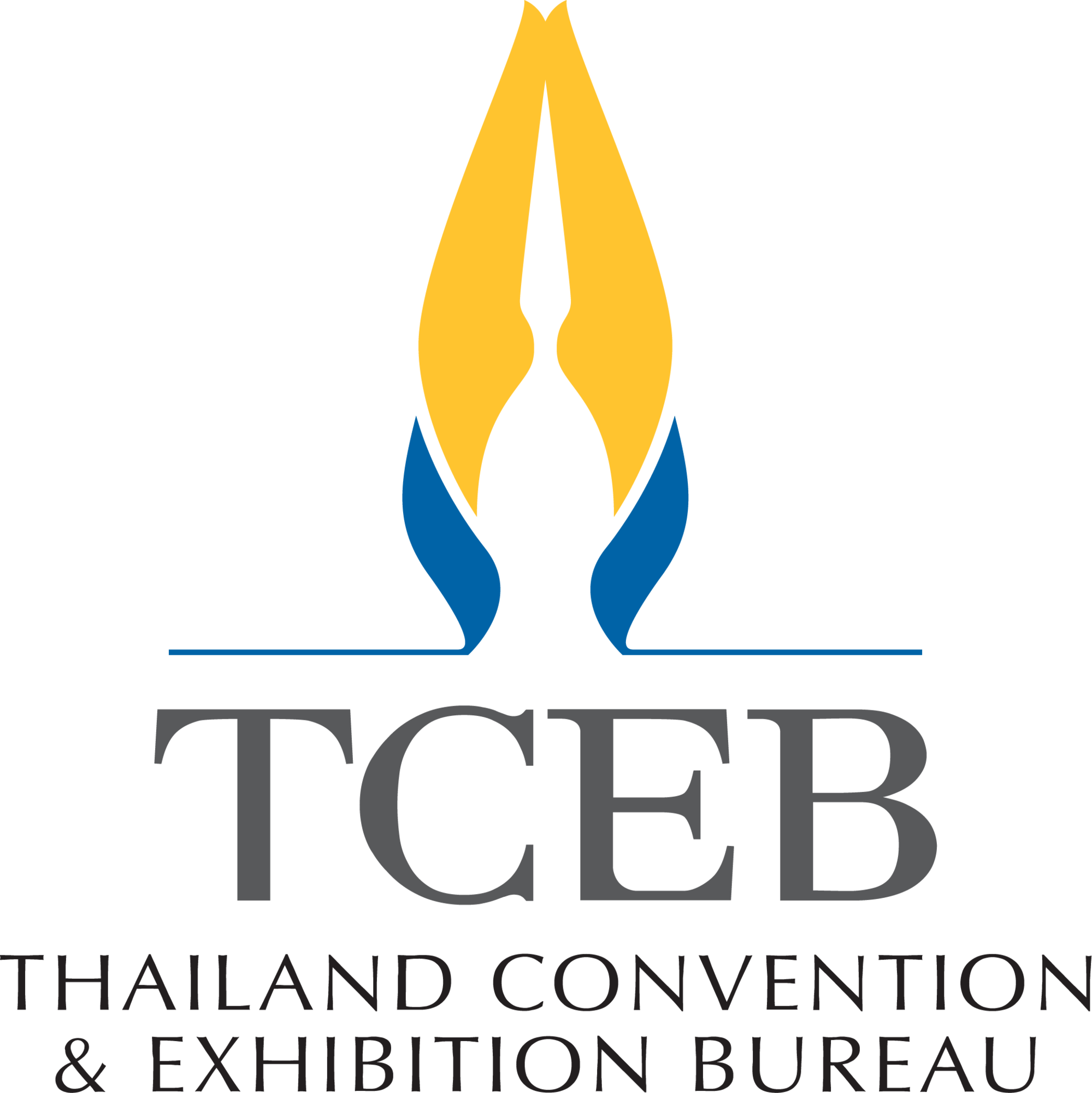Speakers
Plenary Speakers
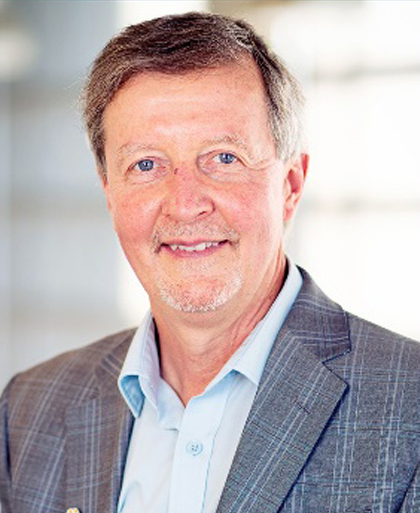
Edmonton, Canada
Peter Mahaffy is a 3M National Teaching Fellow, Professor of Chemistry and director of the King’s Centre for Visualization in Science, which provides digital learning resources used by a half-million students, educators, and the public from over 100 countries each year. His current work is at the interfaces of chemistry education, systems thinking and sustainability, the uses of interactive technological tools to facilitate the learning of science, and the responsible uses of chemistry.
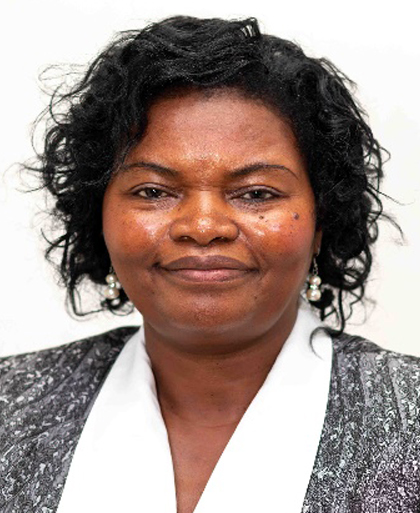
Kenya
Prof Jane Catherine Ngila, Interim Executive Director of AFoWYESTI, Visiting Professor, IOCD Vice President for Emerging Economies. Former AAS Acting Executive Director, DVC-AA, MIOG Deputy Director. Fellow of World Academy of Sciences, Africa Academy of Sciences. Award-winning researcher in Analytical/Environmental Chemistry, mentor, author of 480+ publications on water quality, nanotechnology, chemical analysis.
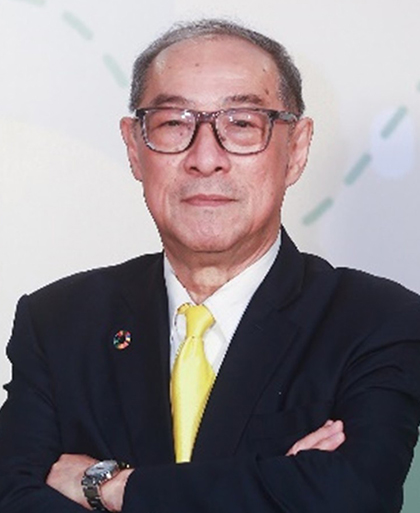
Thailand
Dr. Kirtikara works in areas of Thai education, human resources, science and technology. His present positions include Chairman, Kasetsart University Council, Chairman, Princess Maha Chakri Award Foundation, Member, Council of State, Trustee of the Thai Red Cross and Chairman, Knowledge Network Institute of Thailand.
He was awarded a Royal Prize from King Bhumibhol in 1964 for being the first in a national examination of secondary school students. He received a UK government scholarship in 1965 to study at University of Glasgow, and graduated with a Bachelor Degree in Engineering (First Class Honors) in 1969 and a Doctoral Degree in 1973. Awards received during his study are a Gold Medal for First Class Honors Degree, George-Young Bursary in 1966 and 1967, and Grey-Law and Watt Scholarship in 1972.
Working experience and past administrative positions held are President, King Mongkut’s of Technology Thonburi (1998-2006), Chairman, Mahidol Wittayanusorn School – MWIT, the national science school for the gifted, (2001-2009), Secretary General, Higher Education Council (2006-2007), Chairman, Rajmangkala University of Technology Lanna (2006-2015), Deputy Minister of Education (2014-2015), Chairman, Thailand Research Fund (2018-2020), Chairman, National Committee on 20-year Strategic Plan on Human Resources (2017-2021), and Advisor to the Prime Minister, Minister of Education, and Minister of Science and Technology.
On research and academic works, Dr. Kirtikara was awarded the Outstanding Researcher of the Year Award (Engineering and Industrial Research) from the National Research Council of Thailand (1997), ASEAN Meritorious Award on Science and Technology (1995), Distinguished Fellowship from Petroleum Institute of Thailand (2009). Dr. Kirtikara was conferred 5 Honorary Doctoral Degrees, 3 in Engineering and 2 in Education, form Walailak University, Rajmangkala University of Technology Thanyaburi, Taksin University, Chiang Mai University and Rajmangkala University of Technology Lanna.
Dr. Kirtikara stills engages in teaching and research. His technical fields are solar cells, energy and policy research. His policy interest are human resources and education, science and technology innovations, education for the gifted and the underprivileged, equity and poverty reduction. He regularly takes part in field studies.
On gifted education, in the 2000’s Dr. Kirtakara served as a leader for 8 years of a project on Gifted Students in Science and Technology of the National Science and Technology Development Agency, Chairman, MWIT (2001-2009). and Chairman, Triam Udom Suksa School Board (2018-2024). From 2010’s to present, Dr. Kirtikara serves as a committee chairman and advisor on 12 Princess Chulabhorn Science High Schools - SBTS (regional science schools for the gifted), Science Based Technology Schools (gifted schools for vocational students) of the Vocational Education Commission, Science Classroom in University-Affiliated School Project- SCiUS, MWIT, Kamnoetvidya Academy.
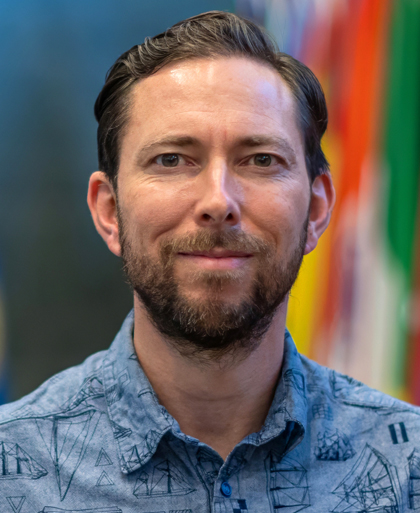
OPCW representative, 2013 Nobel Prize for Peace
Peter Hotchkiss, Ph.D. is the Science Policy Adviser within the Office of Strategy and Policy at the Organisation for the Prohibition of Chemical Weapons, or the OPCW. Here he serves as the science adviser to the Director-General and acts as the Secretary to the Organisation’s Scientific Advisory Board. In these roles he helps the OPCW monitor scientific and technological developments and the impact they may have on the Chemical Weapons Convention and the work of the Organisation. Peter earned Bachelors' degrees in chemistry and linguistics from the University of Massachusetts – Amherst and a Ph.D. in organic materials chemistry from the Georgia Institute of Technology.
Keynote Speakers

Israel
Ron Blonder is a Professor in the Department of Science Teaching at the Weizmann Institute of Science in Rehovot, Israel. She is the head of the Chemistry Group and the head of the Rothschild-Weizmann Master’s Program for Excellence in Mathematics and Science Teaching. Since January 2023 she has been the co-Editor-in-Chief of the International Journal of Science Education. Prof. Blonder is the recipient of the 2023 NARST Fellows Award.
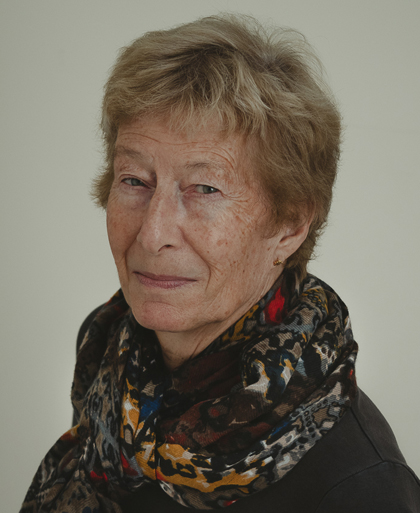
Australia
Professor Emerita Mary Garson AM is the 2022-2023 Chair of IUPAC's Committee for Ethics, DIversity, Equity and Inclusion and a global champion for diversity in science through the Global Women's Breakfast (GWB) event which is hosted each year in >70 countries. Her research interests include marine natural products and phytochemistry
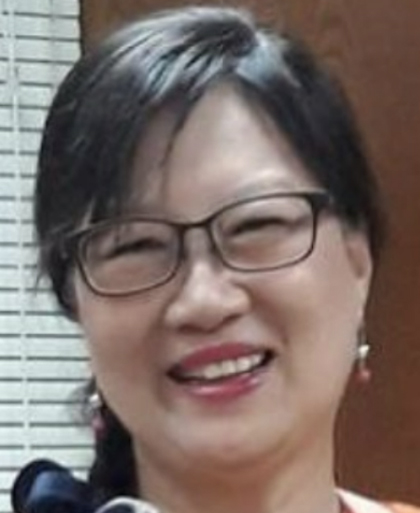
Taiwan
Mei-Hung Chiu is a Professor Emerita of the Graduate Institute of Science Education of the National Taiwan Normal University. Her research interests include promoting students' modeling competence and finding optimal moment of learning via facial recognition systems.
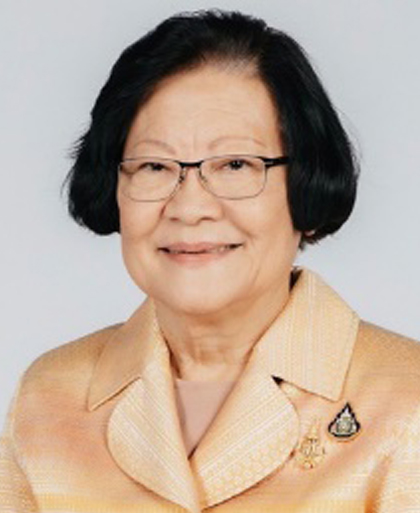
Thailand
Khunying Sumonta Promboon started her academic career in 1971 at the College of Education (now Srinakharinwirot University, SWU), with B.A. and M.S. degrees in Zoology and Genetics from the University of Wisconsin and a Ph.D. in Genetics from the University of Hawaii. Her assignment was to train student teachers to teach science in schools.
Besides teaching, she has helped the Institute for the Promotion of Teaching Science and Technology (IPST) since its establishment in 1971. It is the national body for the development of modern science and mathematics teaching and learning in Thailand, for example, the development of national hands-on science and mathematics curriculum to promote science and mathematical process, the promotion of gifted students in science and technology through long-term scholarship provision and Science and Mathematics Olympiads, etc.
She has played an important role in the national science high-school (Mahidol Wittayanusorn School) and the regional science secondary schools (Chulabhorn Regional Science Schools) under the Ministry of Education and science classrooms associated with universities under the Ministry of Higher Education, Science, Research and Innovation in Thailand. These schools aim at training future top research scientists and technologists for the country.
She also focuses on science education for disadvantaged children, vocational education and science in young children, especially those in Princess Maha Chakri Sirindhorn’s education development projects. For example, in the past 10 years she has chaired the Little Scientists’ House Project of Princess Maha Chakri Sirindhorn Foundation, to promote science process in early childhood education. Today the project covers about 30,000 schools in Thailand. In 2024, at the age of 78 she is still active in science education for all. To her, science is not just knowledge but way and values of life.
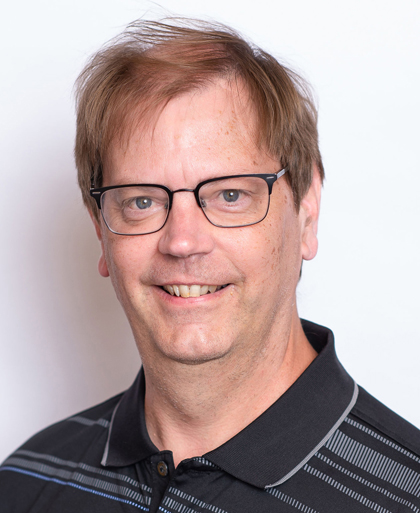
USA
Tom Holme is a Morrill Professor of Chemistry at Iowa State University and the Editor in Chief of the Journal of Chemical Education.

Canada
Samia Khan is in the Faculty of Education at UBC. Her research interests are in model-based reasoning and teaching in science.

Mexico
Ph.D., postdoc at U. of Houston and Texas/Austin. At Universidad Iberoamericana (Mexico) since 1985. Visiting lecturer in five continents. 11 books, 145 papers, 2 patents, 10 national and 2 international awards.
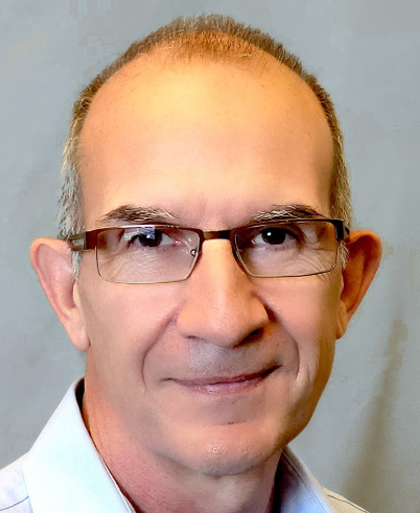
USA
Vicente Talanquer is a University Distinguished Professor in the Department of Chemistry and Biochemistry at the University of Arizona. His research focuses on student reasoning in chemistry.
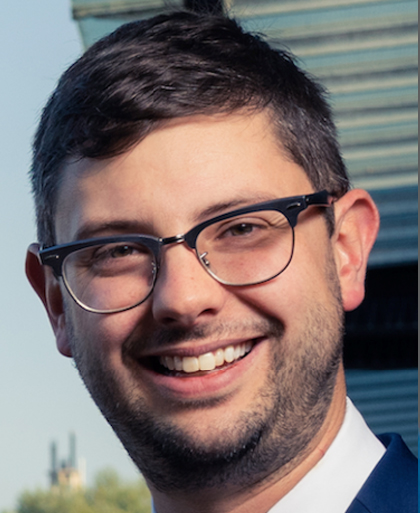
United Kingdom
Glenn Hurst is an Professor of chemistry education at the University of York where he works within the Green Chemistry Centre of Excellence to integrate green chemistry throughout the curriculum using a systems thinking-based framework.
Invited Speakers
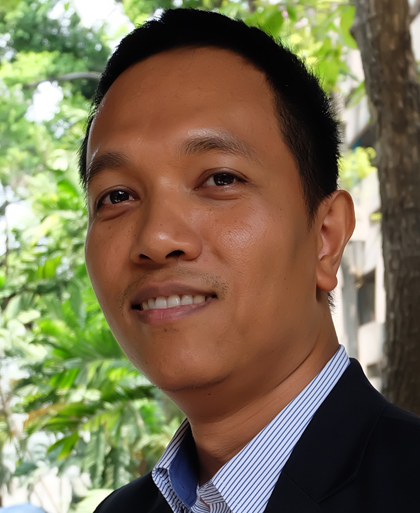
Thailand
I have been working on the development of new materials as catalysts for circular economy. I have been working for a long time to develop new contents for inorganic chemistry classrooms.
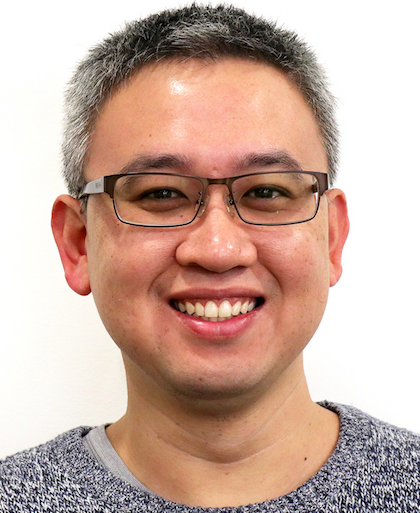
Australia
Junming obtained his PhD at the Australian National University and has held appointments at Yale and A*STAR. He is currently a Senior Lecturer in the School of Chemistry in UNSW.
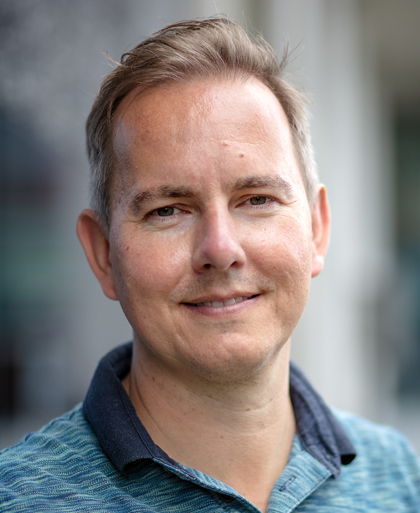
The Netherlands
Chris is currently Associate Professor at the University of Amsterdam. His mission is to educate students at the intersection of fundamental physical organic chemistry and circular chemistry.
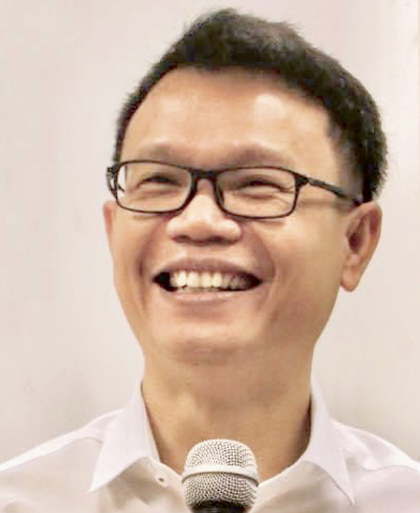
Thailand
Prof. Faikhamta’s research areas focus on STEM education, model and modelling in chemistry education, and pedagogical content knowledge (PCK).
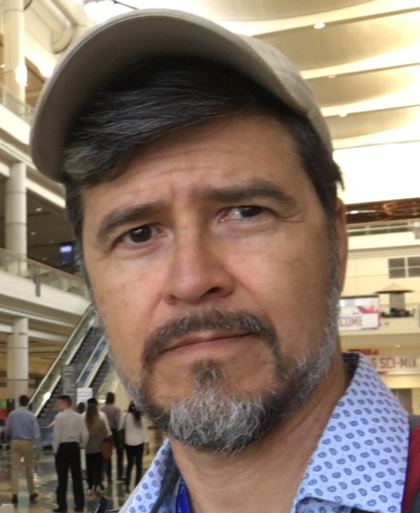
USA/Costa Rica
Prof. Sandi-Urena conducts Chemical Education Research and has taught in the US and Costa Rica. For the past 20 years he has been involved with international chemistry education and outreach.
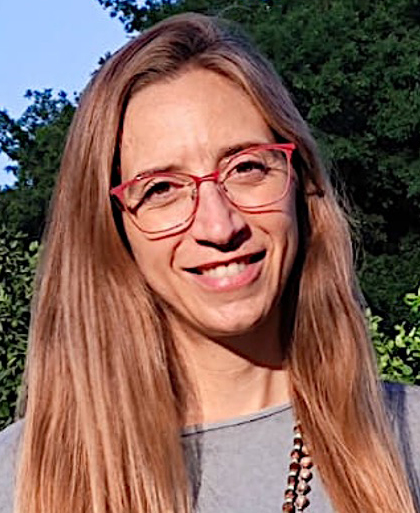
Israel
Dr. Marchak is Head of the Israeli National Centre for Chemistry Teachers. She also studies the implementation of an arts-integrated approach to chemistry teaching which she developed based on Neuropedagogical principles.
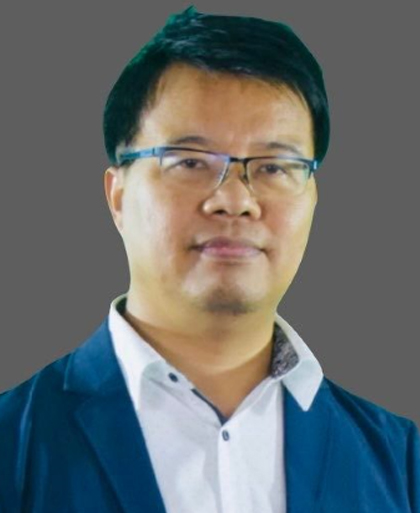
Thailand
Saksri Supasorn is an associate professor in Science Education at Faculty of Science, Ubon Ratchathani University. His research areas of interest are in chemistry and science education focusing on development of experimental kits and multimedia learning tools as well as investigation of their effects on students. He was awarded the TRF-OHEC-SCOPUS Young Researcher Awards in Humanities & Social Sciences in 2015 by Thailand Research Fund (TRF).
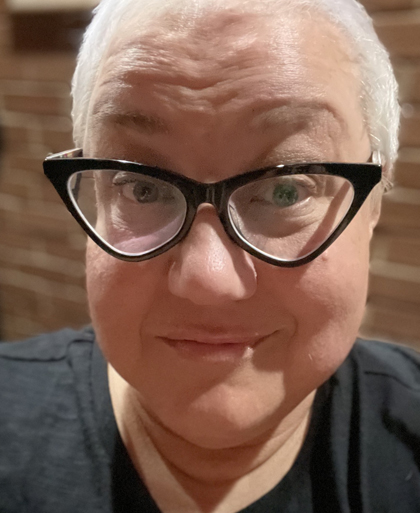
United States
Dr. Michelle Brooks is the Assistant Director of Higher Education at the American Chemical Society where she is responsible for developing and implementing programs that promote excellence in teaching at the collegiate level, both in the U.S. and globally.
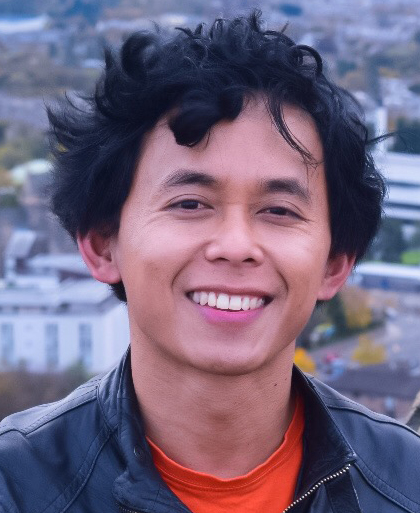
Denmark
Hendra Agustian focusses on epistemic orientation in university chemistry education. He has been investigating various aspects of laboratory curriculum, instruction, and assessment, and is currently working on epistemic practices in wicked problems inquiries.
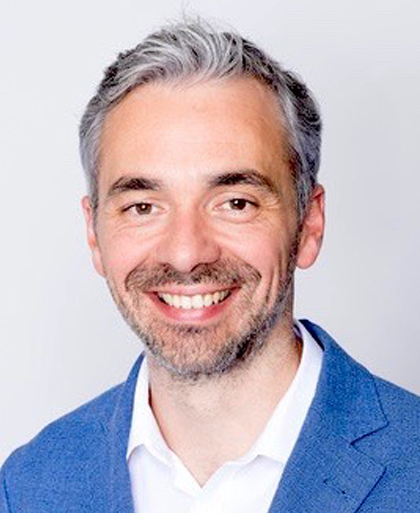
Australia
Senior Lecturer (Science and Chemistry Education), School of Education, Deakin University, Australia. Discipline Head - Science, Technology, Environmental Education (STEE); Strand co-leader - Socio-Ecological Nexus (SEN) within the Centre for Regenerating Futures.
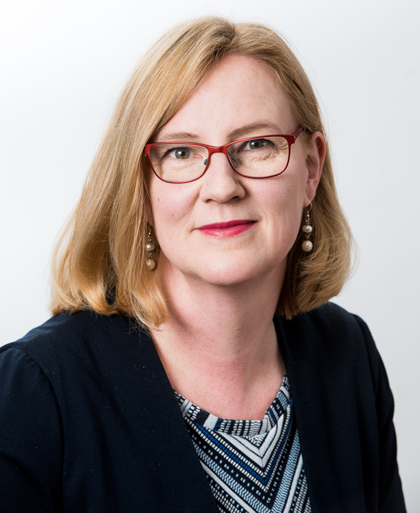
Finland
Johanna Järvinen-Taubert is pedagogical director in LessonApp, Finland. She has worked as teacher, teacher trainer and university researcher. She is the author of the book Finnish education in practice.
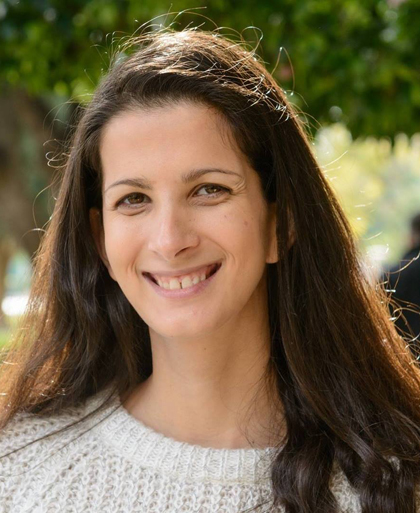
Israel
Dr. Shelley Rap research focuses on exploring innovative teaching methods and technological tools to enhance chemistry teaching and learning. She leads the research and development of programs dealing with the SDGs.

Australia
Mihye investigates how to encourage students to explore science in meaningful and relevant ways. Her current research focuses on collaborative immersive Virtual Reality and student-generated scientific representations.
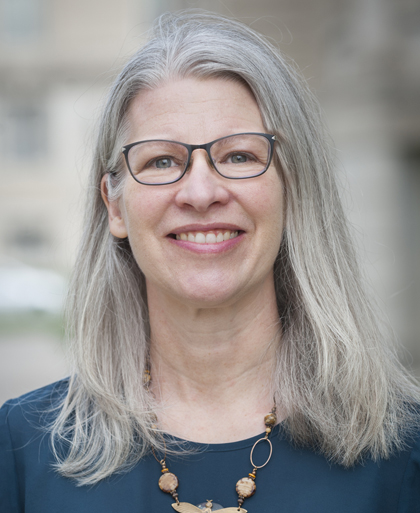
USA
B.A. from Hendrix College, M.S. & Ph.D. from the University of Oklahoma; faculty positions at the University of Central Missouri and the University of Iowa
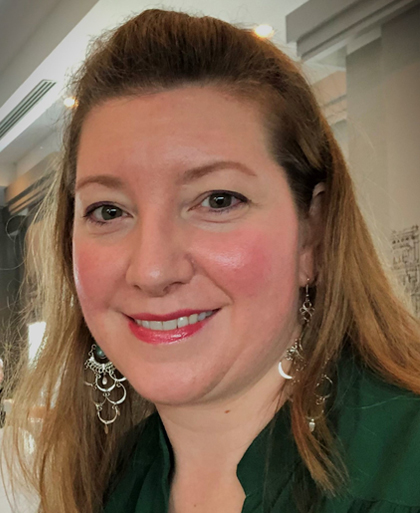
USA
Dr. Straut Langlinais designs, develops, and implements trainings on numerous topics related to chemical safety and security including chemical inventory management systems and tool, Know Your Customer (KYC), curriculum development and eLearning improvements in chemical risk management.
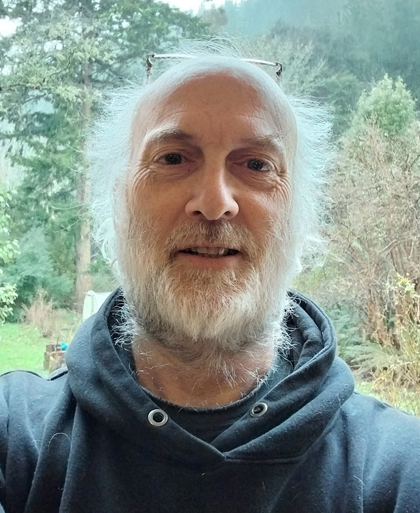
New Zealand
Dave is an ex-high school teacher who runs the chemistry outreach program at the University of Otago, New Zealand. He was awarded the Denis Hogan Education prize by the NZIC in 2018 and an award for a Distinguished Contribution to Chemical Education by FACS in 2019.
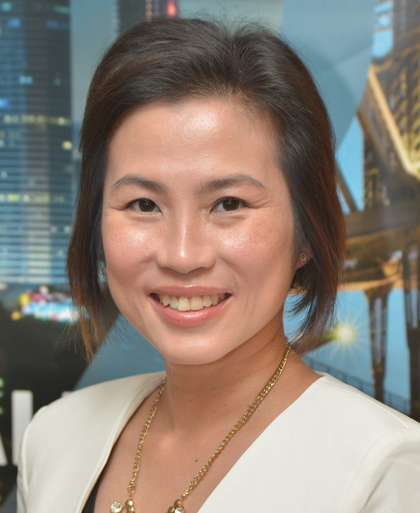
Malaysia
Associate Prof. Dr. Hooi Ling Lee has been an academic staff at School of Chemical Sciences, Universiti Sains Malaysia since 2012. She holds a Ph.D. awarded by Dublin City University, Ireland, and has been actively researching nanomaterials and nanotechnology. Since 2022, she has been teaching chemical security education to undergraduate students.
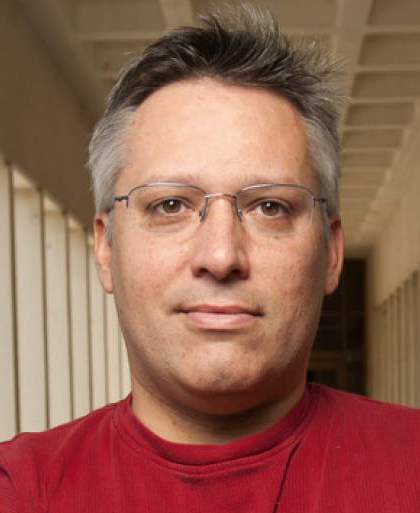
United States
Delmar Larsen is a Professor in the Department of Chemistry and the Biophysics Graduate Group in the University of California, Davis. Delmar received his Ph.D. from the University of Chicago (Chemistry) and did postdoctoral stints at the Free University Amsterdam (Biophysics) and the University of Southern California (Chemistry). In 2005, Delmar moved to the UC Davis as an Assistant Professor, was promoted to Associate Professor in 2012, and was promoted to Full Professor in 2019.

New Zealand
Assoc. Prof. Garden is a researcher in computational chemistry at the University of Otago and the Deputy Director Outreach and Education in the MacDiarmid Institute for Advanced Materials and Nanotechnology.
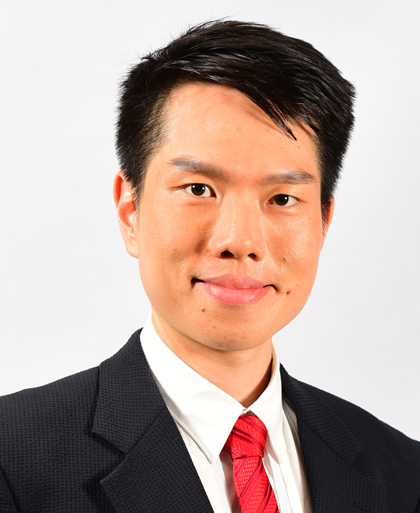
Singapore
Dr. Fung co-edited two book in Chemistry. He researches on integrating digital technologies to help learners learn better, and how psychological safety and videography techniques improve learning outcomes.
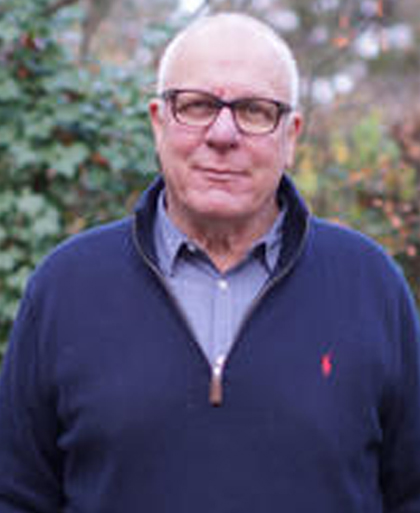
Germany
Claus Bolte is professor and head of the division of chemistry education at Freie Universität Berlin, Germany. His research focuses on various topics how to enhance scientific literacy. He has been the coordinator of the PROFILES Project.
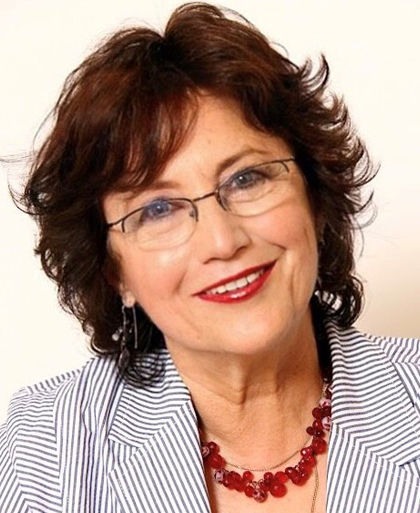
Israel
Dr. Rachel Mamlok-Naaman from the Weizmann Institute of Science, studied chemistry and chemistry education, got her PhD with highest distinction, and several national and international awards, e.g., ACS, IUPAC.
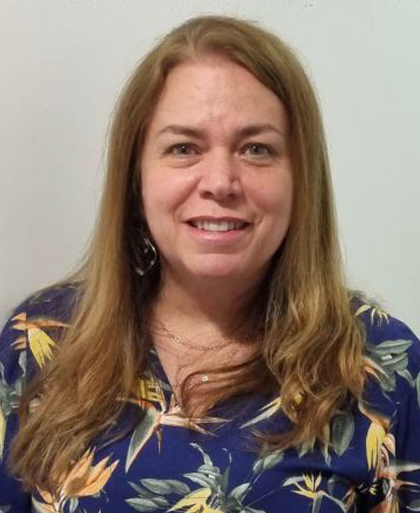
Brazil
Professor at Federal University of ABC, she has been investigating metacognition and self-regulated learning in the classroom, the inquiry-based learning approach, and the use of drawings to learn science/chemistry.
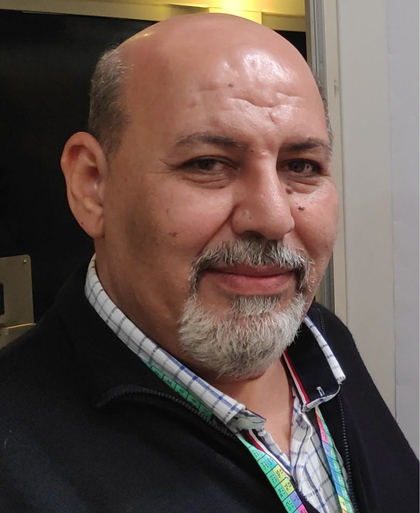
Libya
Prof. Fakhri Elabbar, a Libyan from Benghazi, holds a PhD in organic chemistry and has been teaching at the University of Benghazi since 1992. He founded the Libyan Chemical Safety and Security Society, providing training programs.
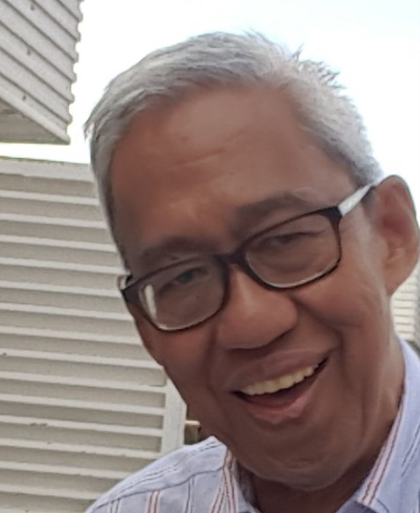
Philippines
Fortunato Sevilla III is a Professor Emeritus of Chemistry at the University of Santo Tomas in Manila, Philippines. His research interest includes chemical sensors, low-cost chemical instrumentation, and microscale chemistry.
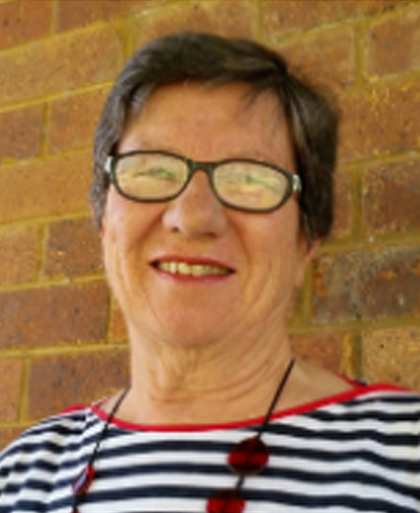
South Africa
A 30-year dedication to chemistry practical work made Marié du Toit the co-leader of the MYLAB project, that uses small-scale Chemistry kits in teachers’ training, workshops, and Science Expos.

Malaysia
Prof. Karpudewan, educator and researcher at Universiti Sains Malaysia, specializes in impactful green chemistry research, globally recognized with numerous high-impact journal publications
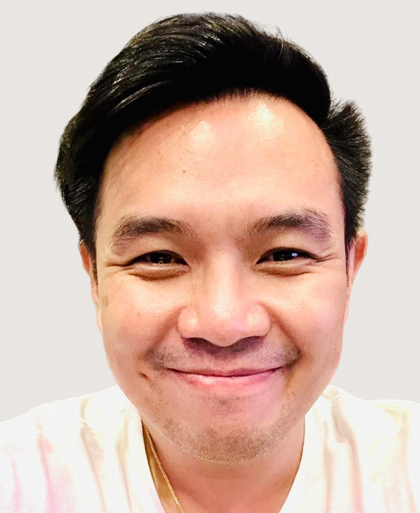
Thailand
Niwat Srisawasdi is an Assistant Professor in Division of Science, Mathematics, and Technology Education. His research focuses on how to use technology for enhancing science and integrated STEM teaching and learning. He is working on research projects about TPACK, STEM Literacy, Scientific Thinking, Technology-enhanced Science Education, Inquiry-based Science Process for School Science, and Formative Assessment-oriented Conceptual Development.

Czech Republic
Ladislava Navratilova is a scientist, chemical expert and emergency responder at the Population Protection Institute, General Directorate of the Fire Rescue Service of the Czech Republic. Her main duty is to serve as a member of a chemical emergency response unit, where she is responsible for sample collection, on-site identification, and laboratory analysis. She holds a doctorate in civil protection from the University of Defence, Czech Republic. One of her scientific tasks is to develop methodologies to protect the population exposed to chemical substances.
Ladislava Navratilova is also a senior lecturer actively involved in international education under the umbrella of the Organisation for the Prohibition of Chemical Weapons (OPCW). She contributed to an increase of chemical safety via projects and training courses mainly in East Africa (development of a regional system of chemical protection for the East African Community) and Latin America (training courses for Paraguayan first responders). In 2023 Ladislava acted as a mentor and supervisor of OPCW training activities (large-scale chemical emergency response exercise for African countries CHEMEX Africa in Algeria, training course for first responders in Uganda).
Ladislava also works as an independent expert of the OPCW Advisory Board on Education and Outreach, where she provides advice on the development of educational strategies to promote the implementation of the Chemical Weapons Convention.

UK
Robert (Bob) Worley FRSC MSc is the 2021 winner of the Royal Society of Chemistry Prize for Excellence in Secondary Education. He taught for 20 years and afterwards became the Senior Advisor at CLEAPSS dealing with school chemistry laboratory safety from which he pioneered microscale chemistry in the UK.
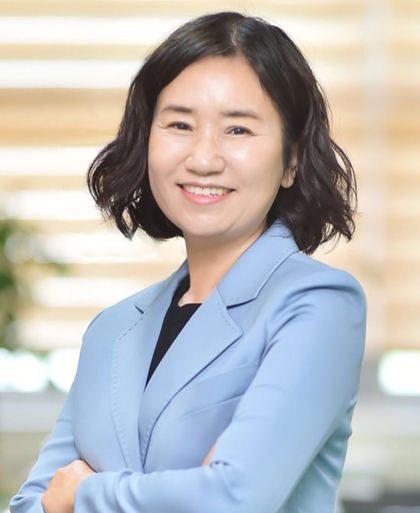
Republic of Korea
I earned my bachelor's and master's degrees in chemistry in South Korea and my doctorate in science education from the University of Wisconsin-Madison, USA. Over the years, I have held various academic positions at Chosun University in South Korea, including professor of chemistry education and dean of the College of Education and the College of General Education. I also served as a vice president of the university. My academic engagement has been primarily in curriculum development at the national level, science education policy, and the promotion of STEM and STEAM education. Currently, I am a professor of chemistry education at the College of Education, Chosun University, and the vice chair of the Education Committee of the Korean Chemical Society.
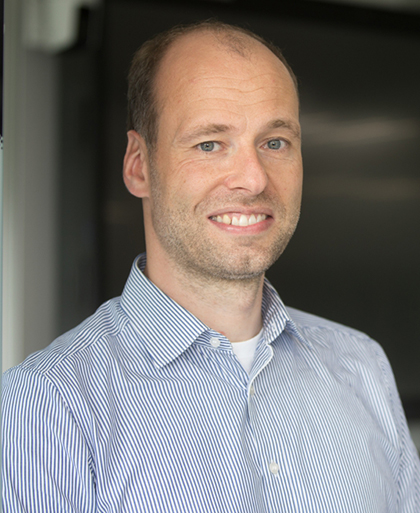
Germany
Stefan Schwarzer is a Professor in the Department of Chemistry and the head of the chemistry education department at University of Tübingen, Germany. Stefan did his postdoc at the Leibniz Institute for Science and Mathematics Education, Kiel, Germany. In 2017 he moved to the LMU Munich, Germany as an Associate Professor and was promoted to a Full Professor in 2020 at University of Tübingen. His research focuses on promoting an authentic image of (nano) research in both school and extracurricular settings using digital media.
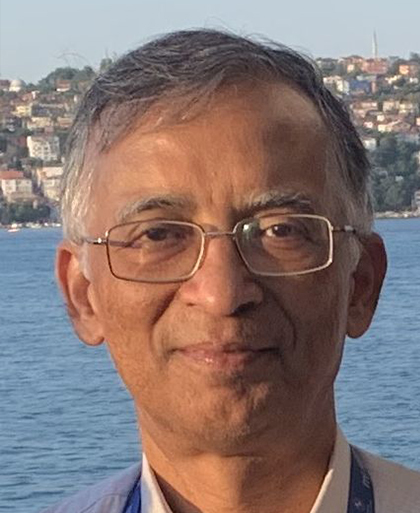
India
Currently Honorary Professor at IISc Bangalore. PhD (Columbia with Ronald Breslow), Postdoc (UC Berkeley with Paul A. Bartlett). Current research on Photoluminescent sensor design. Interested in Chemistry Education.

Thailand
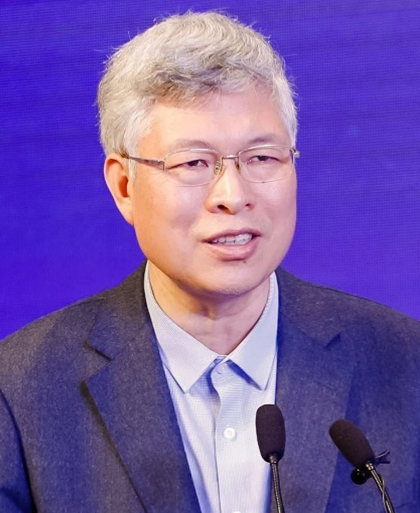
P. R. China
Member of Committee of Higher Chemistry Education, Ministry of Education; Vice-dean of Chemistry Education Division, Chinese Chemistry Society (CCS), Standing Committeeman of Science Education Division, CCS.
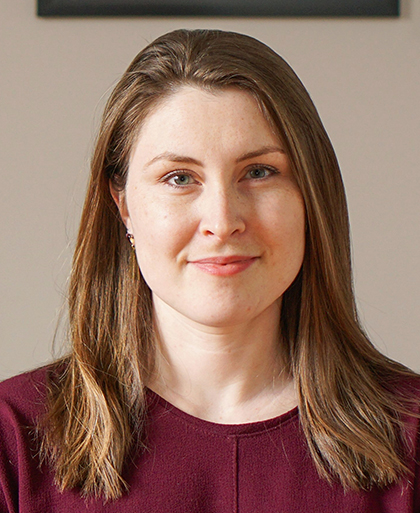
Canada
Dr. Amanda Bongers leads an interdisciplinary Chemistry Education Research group, using her expertise in organic chemistry (Ph.D. 2016) and postdoctoral experience in education research and neuroscience (2016-2019). She joined Queen’s in July 2019 as a tenure-track Assistant Professor in the Department of Chemistry.
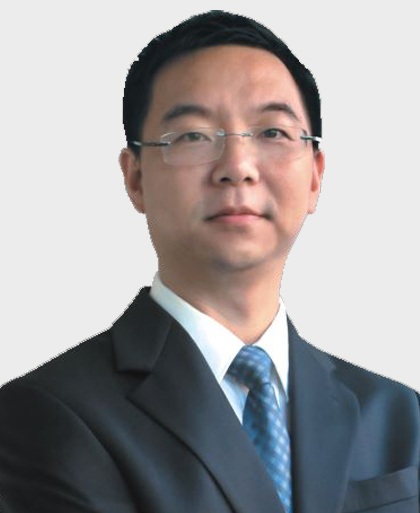
China
Xu Hai graduated with a PhD from the Institute of Chemistry, Chinese Academy of Sciences in 2005; From 2005 to 2020, he conducted postdoctoral research at ETH Zurich, Switzerland and Yale University in USA. Currently, He a professor and doctoral supervisor at the College of Chemistry and Chemical Engineering at Central South University.
Xu Hai is committed to using fashion elements such as anime (Detective Conan), science magic, and pop songs to carry out science education, and has achieved good results. He has published multiple popular science books, won the National Teaching Achievement Award, and the National "Ten Thousand Talents Plan" and other important honors.
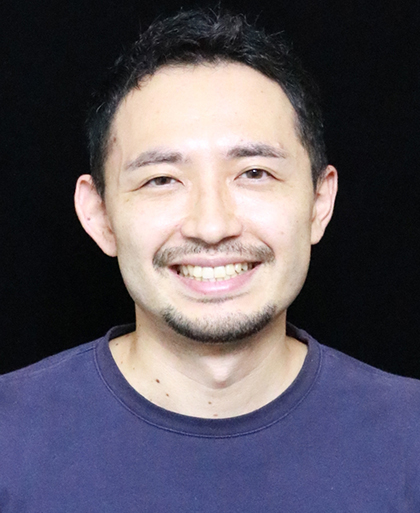
Singapore
Shun is a Senior Industry Solutions Architect for Research at AWS. He is an expert in helping customers achieve their research outcomes faster through AWS and partner solutions.
